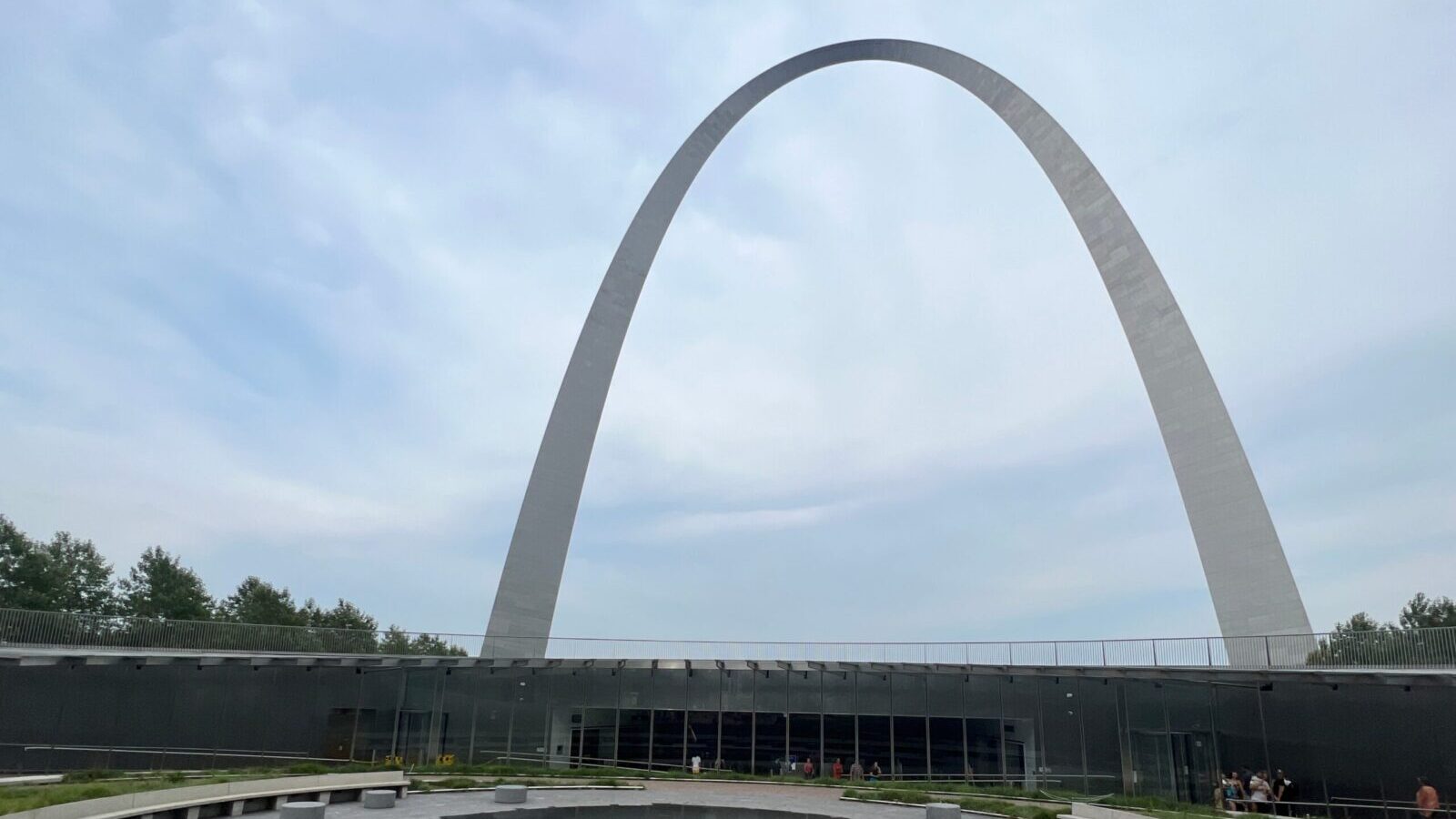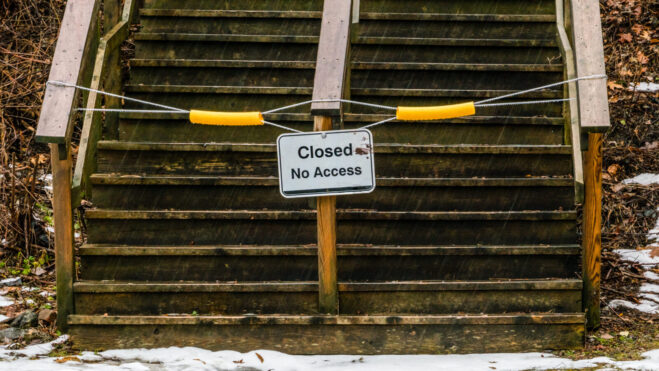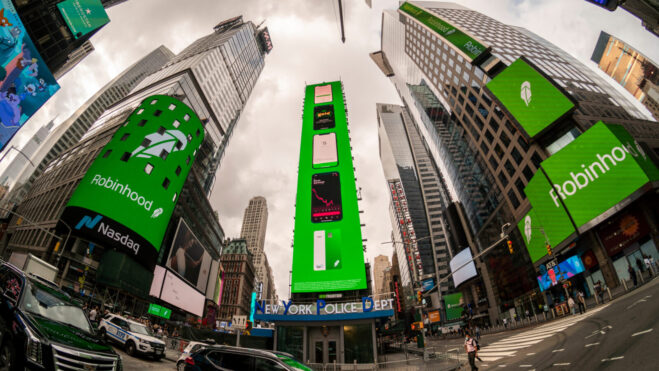DraftKings Boosts Campaign For Missouri Sports Betting With $5 Million Contribution
Shortly after Caesars funded a campaign opposing legalization, DK ups the ante in support of it
2 min

DraftKings is on the opposite side of Caesars Entertainment when it comes to the effort to to bring legal sports betting to Missouri.
After Caesars spent $4 million to try to block the measure, DraftKings one-upped its fellow sports betting and iGaming operator, adding $5 million to the “Winning for Missouri Education” campaign on Tuesday.
This latest DraftKings contribution raises the company’s total financial backing of the initiative to a little more than $10 million. Combined with FanDuel’s previous contributions, the two companies have now poured a total of $14 million into the effort to legalize digital sports betting in Missouri.
The stakes for November’s ballot initiative are high, with Missourians set to vote on the future of online sports betting in the state. The proposal has been in the works for years but has consistently faced hurdles in the state legislature.
This year, however, the momentum for legalization has gained new life. The state’s professional sports teams, led by the St. Louis Cardinals, have become more vocal proponents of sports betting.
In 2023, they began exploring a ballot measure, viewing it as a way to bypass legislative gridlock and bring the decision directly to the people. The proposal was cleared for the ballot in August and overcame a legal challenge earlier this month.
DraftKings, FanDuel, BetMGM, and Fanatics Sportsbook are all members of the Sports Betting Alliance (SBA), a coalition advocating for legal sports betting. The SBA and its allies, including the Cardinals, are pushing the narrative that legalized sports betting will boost state tax revenue.
Land-based opposition
On the other side of the debate, opposition to the amendment is primarily led by land-based casinos. Caesars has emerged as the most significant financial contributor to the “Missourians Against the Deceptive Online Gambling Amendment” campaign.
Caesars, alongside casino operators Boyd Gaming and PENN Entertainment, argue that the amendment is deceptive and would unfairly disadvantage land-based casinos. One of the key points of contention is the allocation of digital sports betting licenses.
Under the proposed amendment, casino operators would only be entitled to one skin, or digital platform, per company. In contrast, legislative proposals previously considered by the state would have allowed operators one skin per physical location, up to a maximum of three. The executives with the land-based casinos believe that the amendment puts them at a competitive disadvantage.
Public opinion tilting toward passage
Public sentiment toward the measure appears to lean in favor of legalization, although a substantial portion of the electorate remains undecided.
A recent poll by Emerson College asked residents, “How would you vote on the ballot measure that would legalize sports wagering for individuals over 21?” The results showed 52% of respondents indicating they would vote “yes,” supporting legalization. Meanwhile, 25.3% said they would vote “no,” and 22.7% indicated they were unsure, signaling that there is still significant room for both campaigns to sway undecided voters in the weeks leading up to the election.
In a survey last year, the results were much different. They showed that 35% agreed with legalization, 41% disagreed, and 24% were unsure.
For now, as the outcome remains uncertain, it’s likely money will continue to enter the equation. Both proponents and opponents of the measure are expected to fund efforts to influence public opinion as the November vote approaches.





